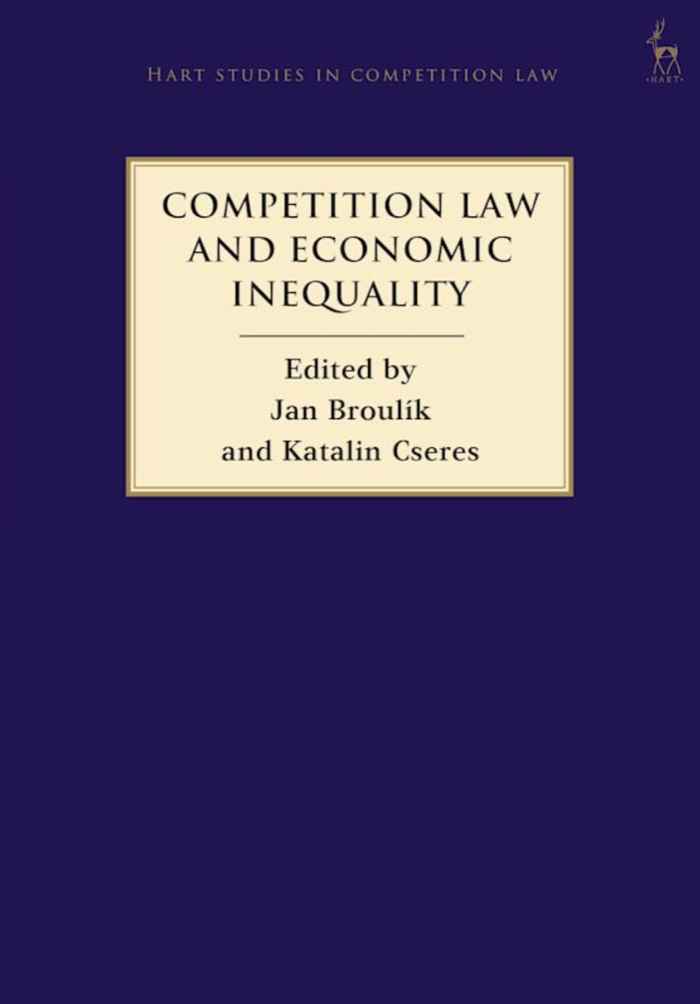New Book: Competition Law and Economic Inequality
Edited by Jan Broulík and ACES affiliate Katalin Cseres
13 December 2022

The book is based on a conference organised by its editors at the Amsterdam Law School in 2021. The gap between the rich and poor is widening across the globe. This book explores whether this major societal challenge of our time can be addressed by the means of competition law.
The primary goal of today's competition law is to ensure that market power does not lead to an inefficient production of goods and services. Nevertheless, even such efficiency-oriented curbing of market power may arguably contribute to the reduction of differences in how much people own and earn. Furthermore, many competition law regimes do take into account distributive considerations too.
The chapters investigate the relationship between competition law and economic (in)equality from philosophical, historical, and economic perspectives. Their inquiries concern the conceptual foundations of competition law and doctrinal frameworks of individual jurisdictions, as well as specific problems and markets. As such, the book provides a novel and comprehensive overview of whether and how competition law can contribute to more equality in both developed and developing countries.
Publishing date is 15 December 2022, by Bloomsbury Press. Follow this link to read more about the book.